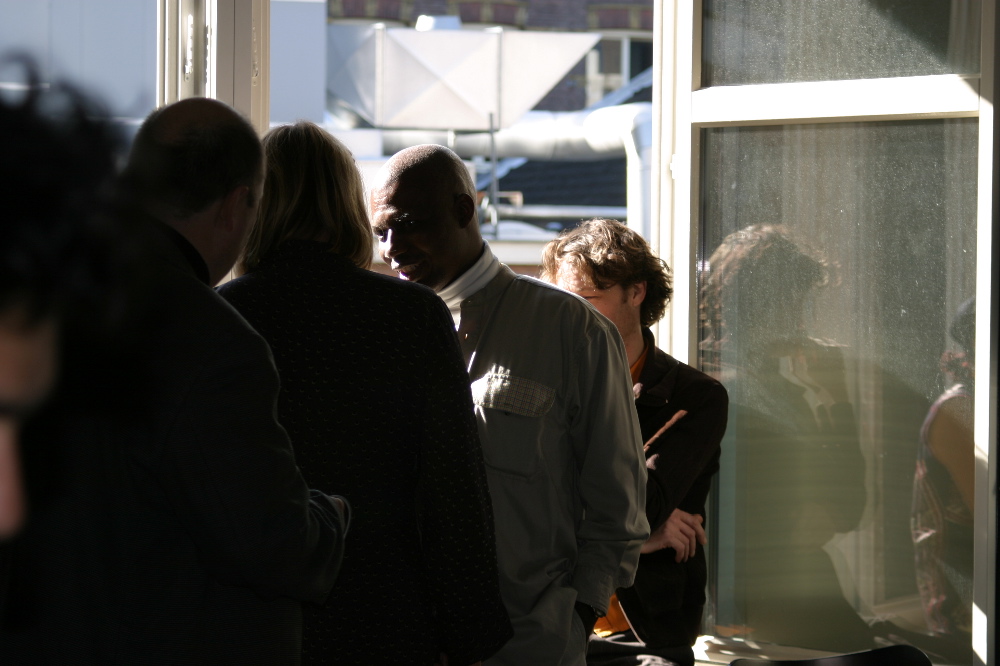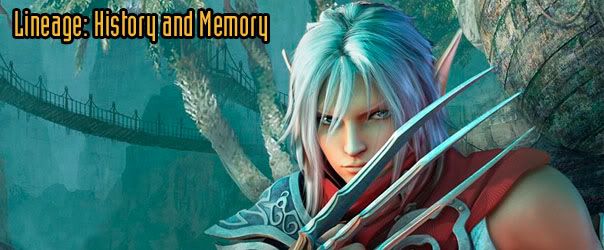Value-based relationships and the communities they create are becoming the evolutionary communication paradigm for the future.
Why?People are better informed, expect more, have more choices. And, more importantly, they are now affordably technology-enabled to interact and network in a much more organic way.
Organizations are slowly beginning to listen and conform to their customer and employee needs as well as their behavior.
Whose responsibility is it?More and more, organizations realize that they have to deliver on their brand promise or that they will have to face the eventualities and consequences of the gap between their promise and their delivery to customers.
The business of evolving into a real customer-facing organization is coming to the forefront as businesses wake up to the call of the collective voice from their employees and customers.
How?By adapting organiztional behavior to benefit from the collective intelligence of their employees and customers - and this means system wide - organizations gradually evolve into using a different communication paradigm. This new communication paradigm feeds the individual, communities, the processes, the channels and the whole network.
Businesses will focus on network development as an expertise.
Why?By segmenting the business according to platforms of interest or communities of practice, a company can consistently deliver customer value in those segments while building network value dynamically.
This builds a new logic - a dynamic customer-integrated network logic.
"We do it because it works for the customer and the community" replaces
"We do it because it works for us".
How will this happen? What will support this?Organizational behavior needs to follow the lead of the evolutionary edge of human interaction and communication practices. The content of these platforms and the context of the individual and community as media create dynamic environments for value-based relationships.
These value-based relationships are dynamic and only measurable through more algorithmic accounting practices that are capable of capturing their true value. This requires changing from antiquated accounting practices - that only account for the past financial transactions - into innovating new systems that harness the present or the existing potential for future value.
The identifiable process-- Dynamic technology for networking and tracking behavior and performance of individuals, channels, concepts, and everything else defined as key to value creation.
-- New script for organization to behave in a way to deliver on its brand promise
-- Building brand through true identity from inside out
-- New communication strategy and briefs - internally and externally
-- New design & relationship strategies - tied to organizational behavior and involved in brand equity value
-- New relationship value measurement strategy as foundation for new and dynamic accounting practices
-- Temporary by-pass to bring on-line non-invasively
-- Key network developments for future growth
-- Being organic is the endgame
Industry impactValue based relationships are the new currency and require new definition. The knowledge of how we identify them, codify them, validate them and measure them will immediately redefine how companies organize themselves and communicate. This process will put organizational learning at the core of the business, moving finance into a full support role in partnership with creativity and knowledge ecology. The power of the brand will be in how it can continually finely tune its organization - building, developing and sustaining these value-based relationships, internally and externally.
The knowledge ecology of how to identify and organize value-based relationships will carry more weight than just simply knowing how to carry out a traditional merger and acquisition. Knowing how to design a value based relationship network will extend from direct customers and channel customers through to employee relationships, partnerships and investor relationships - and acceptance that brand communities may exist outside the organization.
In the past decade, companies have brought knowledge management into the organization, but much of it lies in the hands of people without a sense or understanding of network behavior on a human interaction and communication level. Currently, management relegates creativity to suppliers and agencies outside their organization and outside the core strategic matrix. The next step is to bring the management of creativity back into the organization and use the powerful combination of knowledge ecology, creativity and new financial practices to fuel organizational learning in order to deliver value-based relationships and network thinking. One day very soon, a Chief Creative Officer and a Chief Knowledge Officer will sit alongside the Chief Financial Officer on the Board of major corporations. They will be responsible for maintaining corporate value based on relationships and the communities they build - and this new field of expertise will require understanding network development.
How are you participating in technology-enabled evolutionary human interaction and communication practices?







